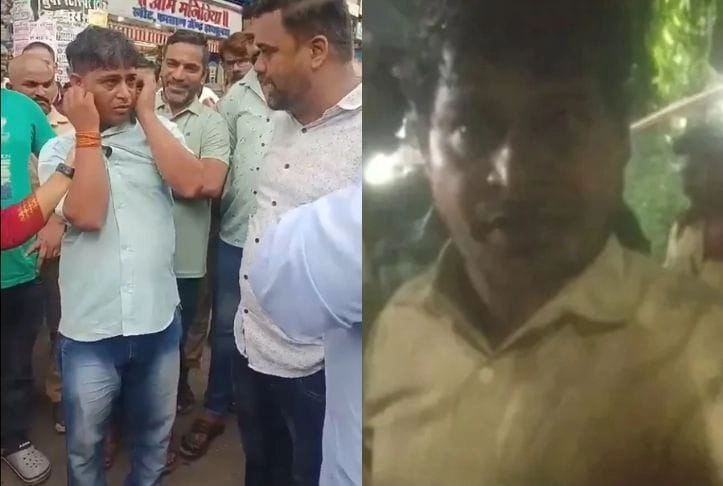In a troubling incident that underscores the ongoing tensions surrounding language and identity in India, a migrant auto driver was brutally assaulted in Maharashtra shortly after making a remark about speaking Hindi. The driver, who hails from another state, reportedly expressed a desire to communicate in Hindi, a language that holds significant cultural and political weight in the region. This seemingly innocuous comment, however, ignited a violent reaction from a group of individuals who perceived it as an affront to their local identity and language. Such incidents highlight the growing friction between local populations and migrants, particularly in urban areas where linguistic and cultural diversity is pronounced.
The attack raises serious questions about the treatment of migrant workers in India, who often face discrimination and hostility in their host states. As cities expand and attract a diverse workforce from various regions, tensions can arise, particularly when language barriers become a focal point of conflict. The incident is part of a broader trend where migrants are often scapegoated for economic and social issues, and their attempts to integrate can be met with resistance. This reflects a deeper societal issue where language becomes a symbol of regional pride and, in some cases, exclusion.
Moreover, the incident serves as a stark reminder of the challenges faced by those who move in search of better opportunities. The auto driver, like many others, ventured to Maharashtra with hopes of securing a livelihood, only to find himself the target of violence over something as fundamental as communication. It is crucial for society to foster an environment that embraces diversity and encourages dialogue across linguistic and cultural lines. The incident not only calls for a reflection on how language can divide us but also highlights the need for greater awareness and empathy towards migrants who contribute significantly to the economy and the fabric of urban life in India.




